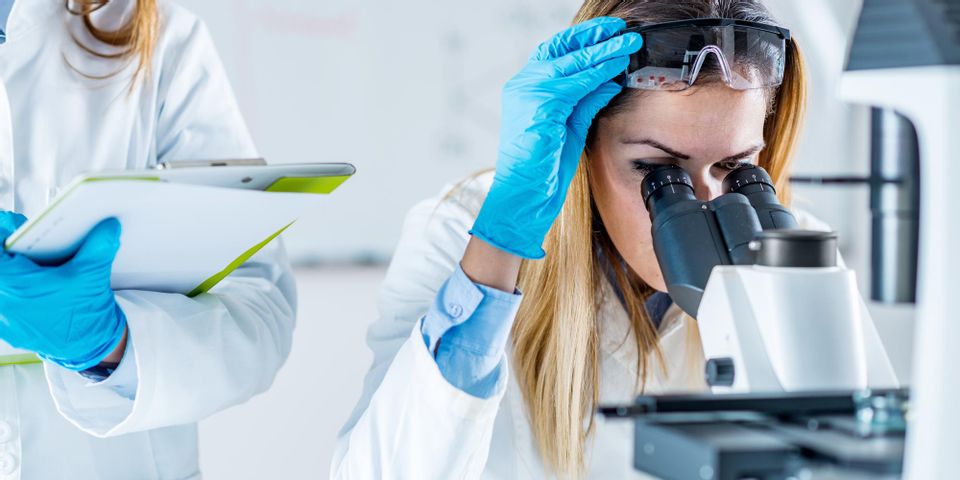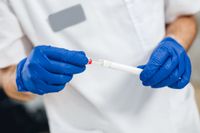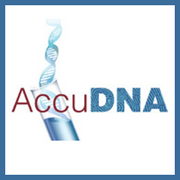The Role of DNA Testing in Native American Tribal Enrollment
By AccuDNA

Native American tribes often require individuals to prove tribal descent as part of their enrollment process. According to the Office of Public Affairs-Indian Affairs, most tribes will need specific documentation that specifically shows family relationships to American Indian and Alaska Native groups. With the rise of modern DNA testing, some tribes may also accept family relationship test results as evidence. This guide will break down how DNA testing relates to tribal enrollment in the United States.
Understanding DNA Testing & Tribal Enrollment
What Is Tribal Enrollment?
Tribal enrollment is a process in which an individual who meets a pre-determined set of criteria can become a member of a Native American tribe. According to the U.S. Department of the Interior, tribal enrollment requirements are meant to “preserve the unique character and traditions of each tribe.” While each tribe has different requirements, there are some common factors. Many tribes require individuals to prove a relationship to a member of the “base roll,” or the original list of tribal members. They may also need to prove tribal residency and show that they are in contact with members of the tribe. In some cases, applicants will also need to prove blood relation.
How Can You Prove Ancestry?
 When applying for enrollment, many people will track down physical documents to demonstrate their family history. This can include newspaper articles, photographs, letters, journals, birth certificates, and other public records, according to DOI.
When applying for enrollment, many people will track down physical documents to demonstrate their family history. This can include newspaper articles, photographs, letters, journals, birth certificates, and other public records, according to DOI.
Some tribes will also allow DNA testing as part of this process. According to the American Indian & Alaska Native Genetics Resource Center, genetic testing cannot prove that an individual descends from a specific Native American Tribe. However, these tests can prove family relationships. If an applicant can show through a DNA test that they have a parent, grandparent, aunt, uncle, or sibling who is a member of the tribe, or is related to a tribal member, they may have a higher chance of successful enrollment. It’s essential to remember that every tribe will have different requirements and processes for DNA tests.
Where Can You Complete DNA Testing?
When you apply for enrollment, the tribe may recommend that you receive testing at a specific lab. Most of the time, these labs are private, third-party facilities that specialize in relationship testing. You will likely need to make an appointment and fill out paperwork to document your consent for the test.
Whether you are looking to prove specific ancestry or a direct family relationship, the team at AccuDNA provides an accessible solution. This DNA testing facility provides affordable and accurate services to individuals in the greater St. Louis, MO, region. From custody cases to forensics, these professionals offer their services for a variety of situations. With flexible scheduling available, they will find an appointment time that works for you. To learn more about their specific services, visit them online. You can also call (314) 845-9997 to set up an appointment.
About the Business
Have a question? Ask the experts!
Send your question

